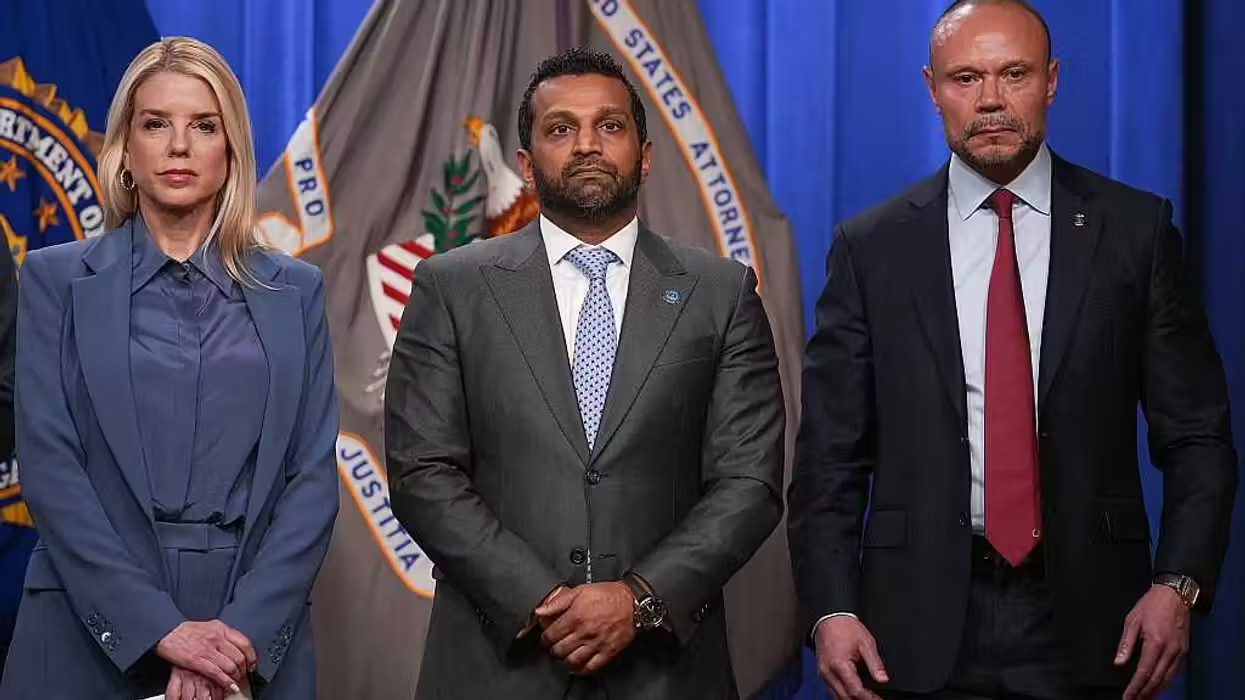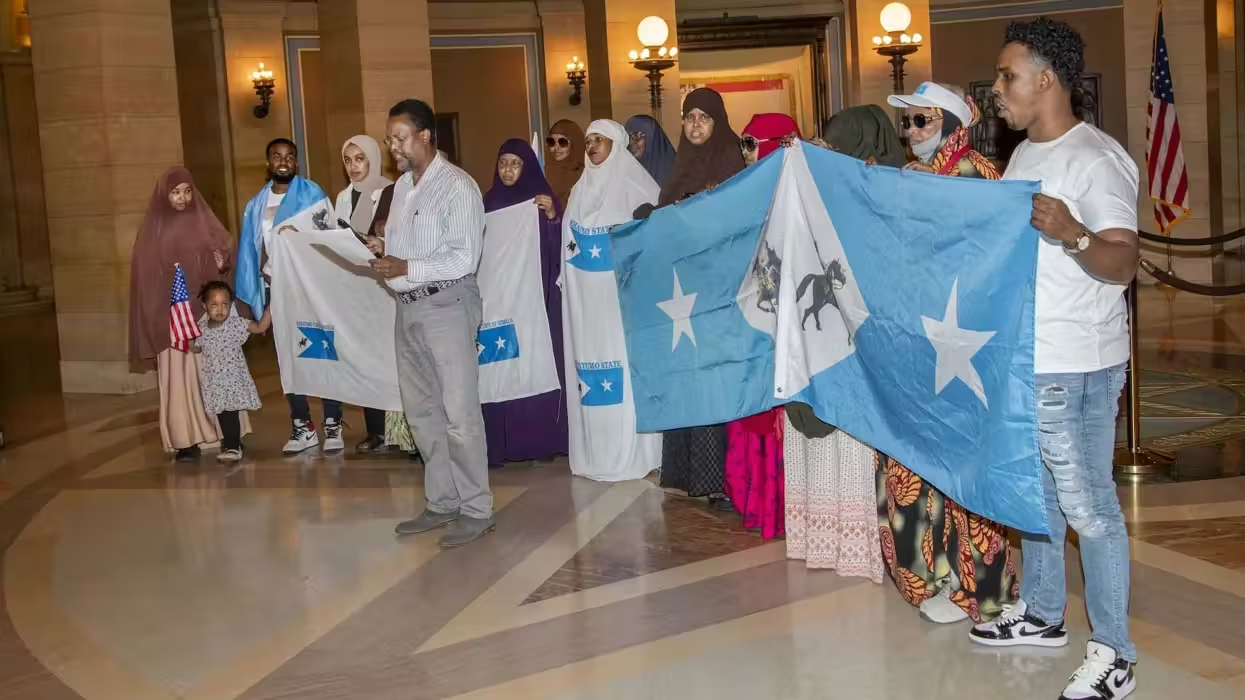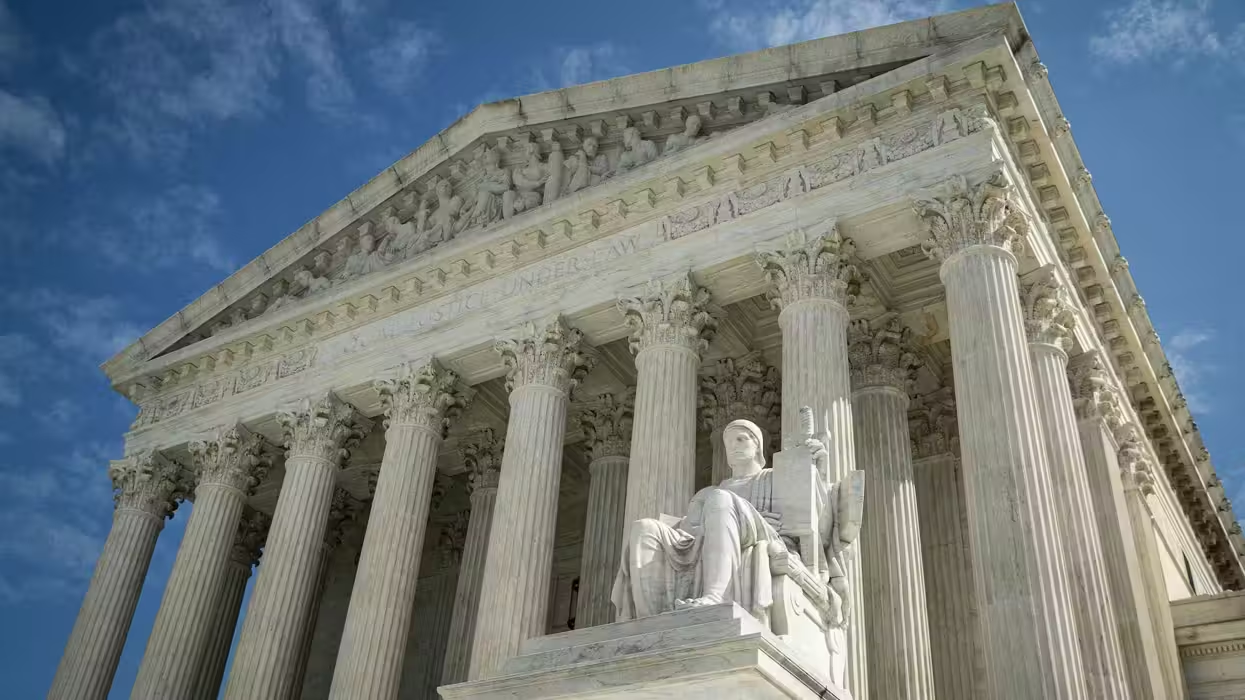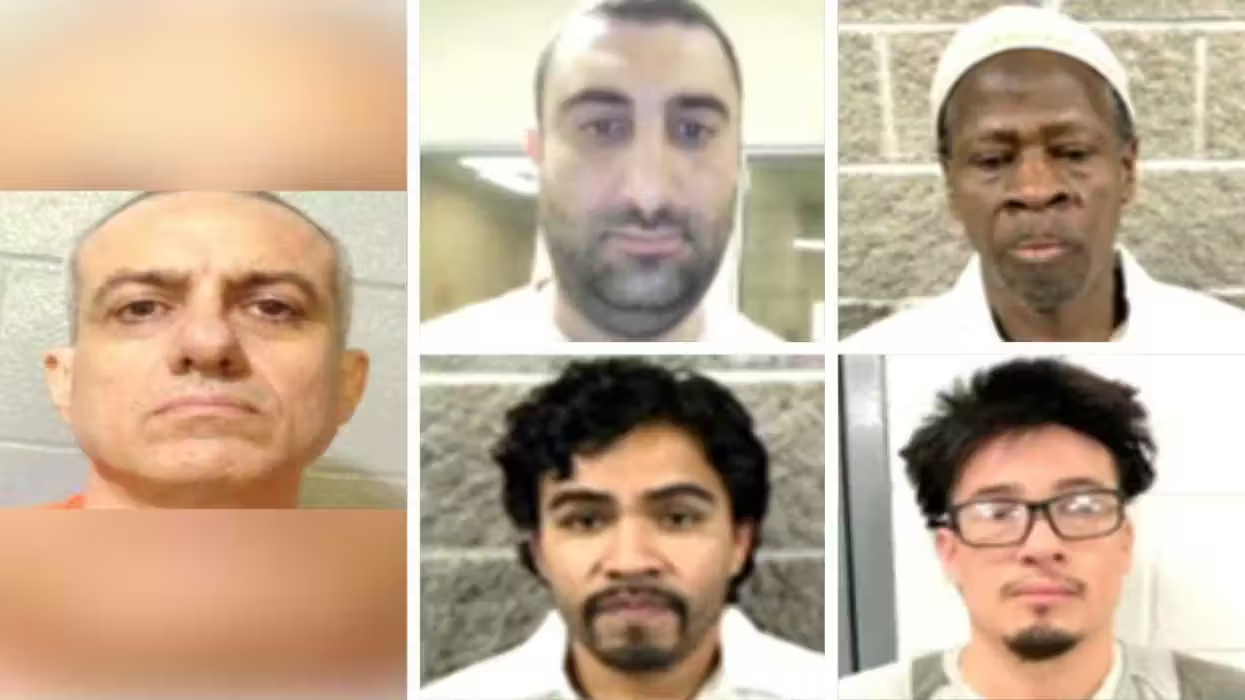Billy Hallowell, Deseret News

What exactly is the Electoral College — and why did the Founding Fathers embrace it instead of creating a direct presidential voting process?
 Tara Ross (TaraRoss.com)
Tara Ross (TaraRoss.com)
These are just two questions that attorney and author Tara Ross — a staunch defender of the Electoral College system — passionately answered in a recent appearance on "The Church Boys" podcast.
Ross recently released a kids book titled, "We Elect a President: The Story of Our Electoral College" — a follow-up to her nonfiction book for adults titled, "Enlightened Democracy: The Case for the Electoral College."
She argues in her writings and public addresses that the Founding Fathers were quite intentional in rejecting a direct electoral process.
"The most important thing to know about (the Founders) mindset as they were crafting our entire constitution ... they were not trying to create a pure democracy," Ross told "The Church Boys." "We live in a country that has democratic principles, but also republican principles (like deliberation and compromise)."
Listen to Ross discuss these issues on "The Church Boys" podcast at the 3:00 mark:
Some will surely wonder why a democratic system simply wasn't established, with Ross explaining, in her view, why the Founders rejected such a prospect.
"They knew that, in a pure democracy, 51 percent of the people can rule over 49 percent all the time without question, no matter how ridiculous their demands," she explained.
Ross said that the Founders studied history and knew that democracies could have pitfalls, so, she said, "they wanted to do something better."
FactCheck.org agrees with this assessment as well.
"They solved their problem by creating a constitution with lots of checks and balances," she said. "The Electoral College is just one of the safeguards ... it operates as a blend of democracy ... and federalism."
Rather than seeing the Electoral College as old, antiquated or ineffective, Ross said the process continues to protect Americans' freedoms. The author also believes people tend to appreciate the process more as they learn how it all works.
So, let's briefly explain: According to the U.S. government, the Electoral College serves as a "compromise between election of the president by a vote in Congress and choice of the president by a popular vote of qualified citizens."
The Electoral College is made up of 538 electors, with a presidential contender needing to amass 270 electoral votes to win an election. The determination of electors for each state is based on how many members of Congress represent the state — a combination of the total of House members plus two Senators for each.
Electors are mostly chosen by political parties in each state, though the governing laws do differ when it comes to selection. Most states run on a "winner-takes-all" mentality.
Some who oppose the Electoral College system argue that it gives small states too much power, as those smaller states might end up with three electoral college votes despite having only one representative in the House, The Atlantic reported.
Consider Montana, for example. While the state only has one representative, it still walks away with the three electoral college votes. There's also the issue of a candidate who gets just 51 percent of the popular vote, yet takes all the electoral college votes, as The Atlantic noted.
Let's not forget 2000 when Al Gore won the popular vote, yet George W. Bush secured an Electoral College win in a narrow 271-266 victory.
But despite these concerns, Ross sees many benefits with the Electoral College system, saying that it forces candidates to "build national coalitions" across state boundaries and that it makes it more difficult to steal elections.
"The reason the founders created the Electoral College ... they knew that humans are imperfect," she said. "We are sinful ... they knew that power corrupts."
Ross concluded that the Electoral College was created as a protection "against imperfect human nature."
Find out more about Ross and her views on the Electoral College here.

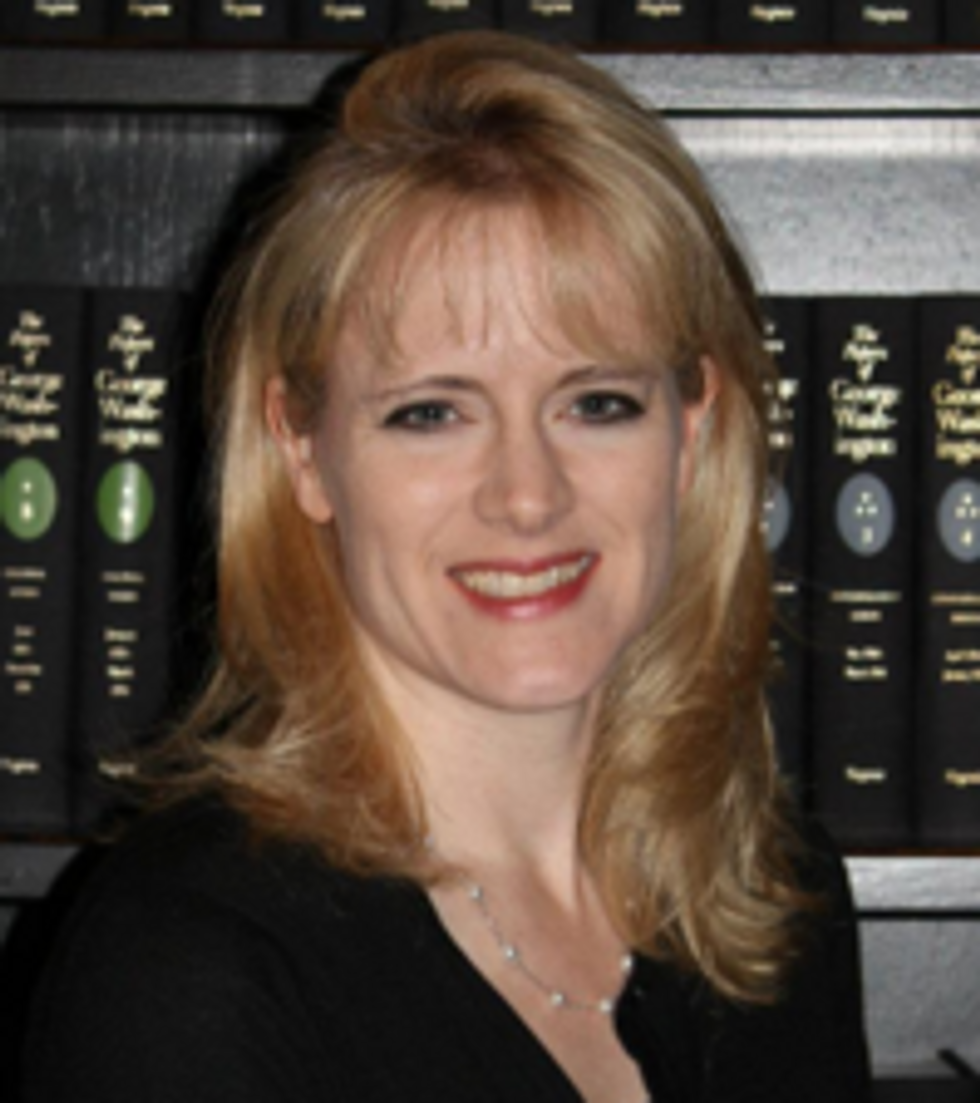 Tara Ross (TaraRoss.com)
Tara Ross (TaraRoss.com)

